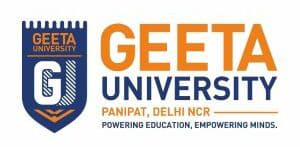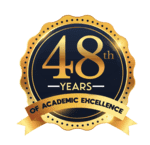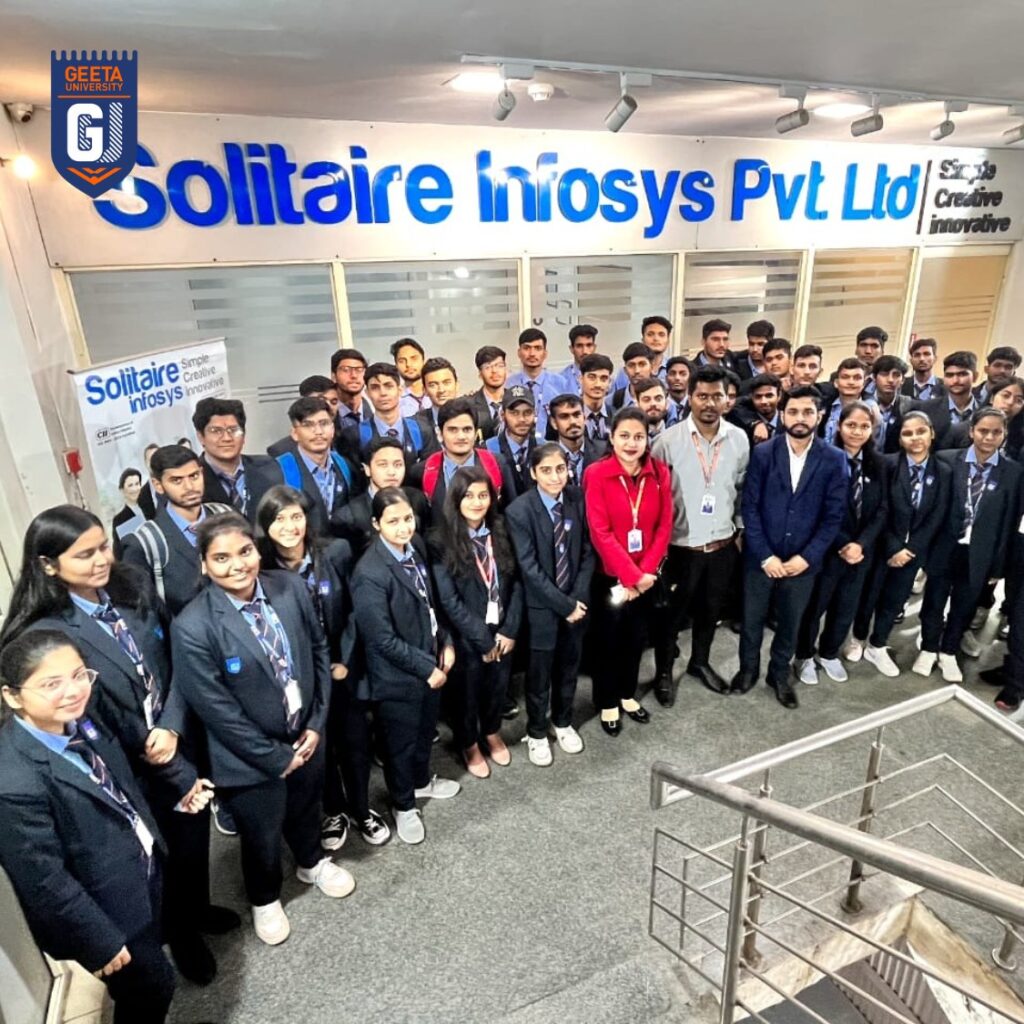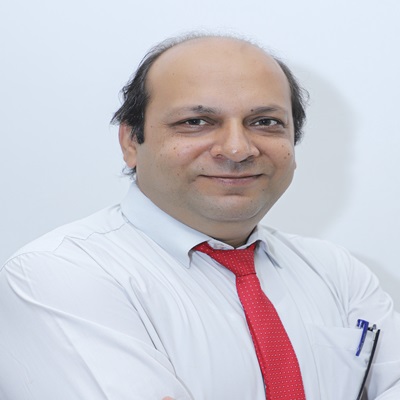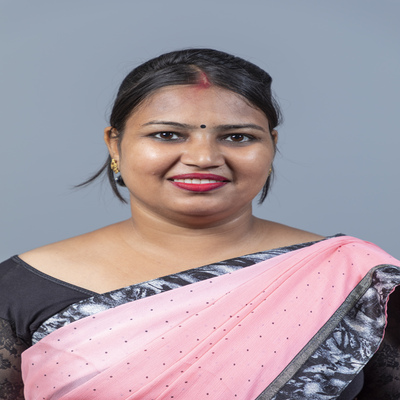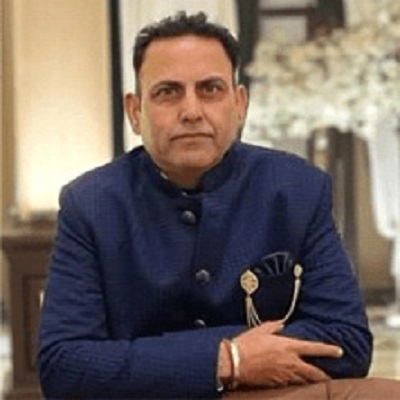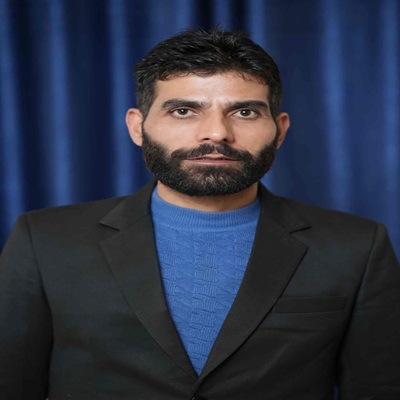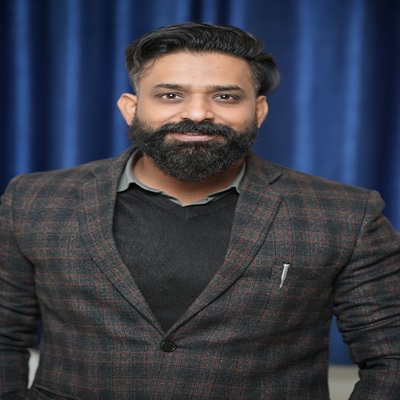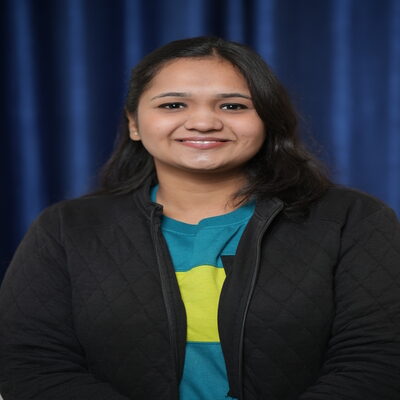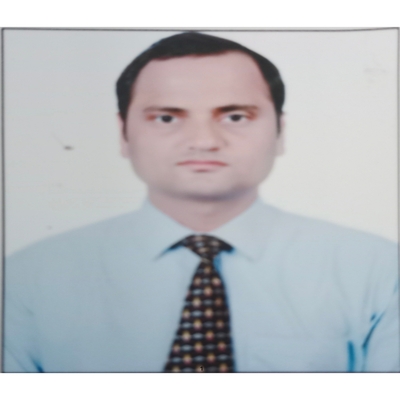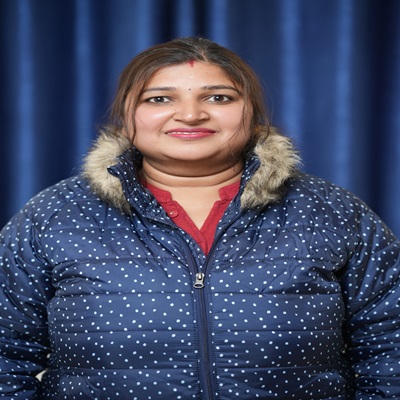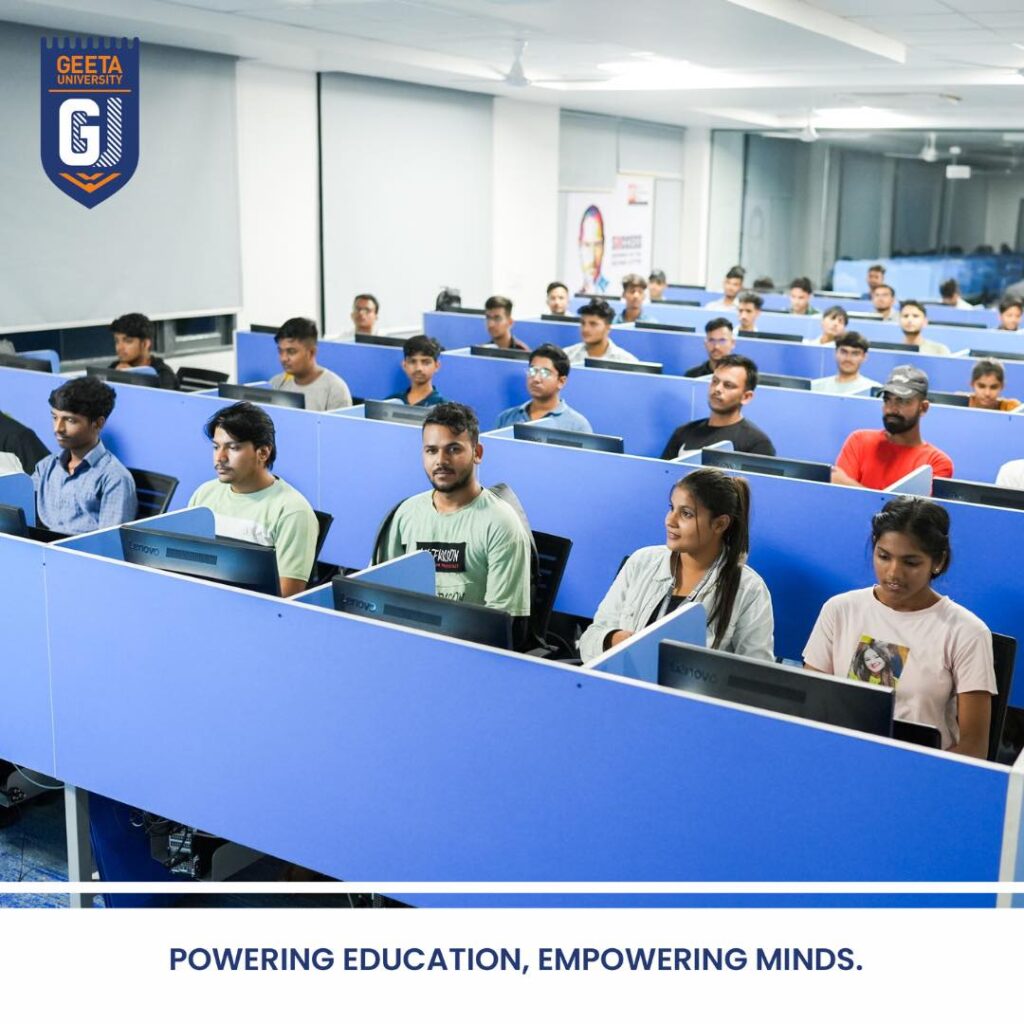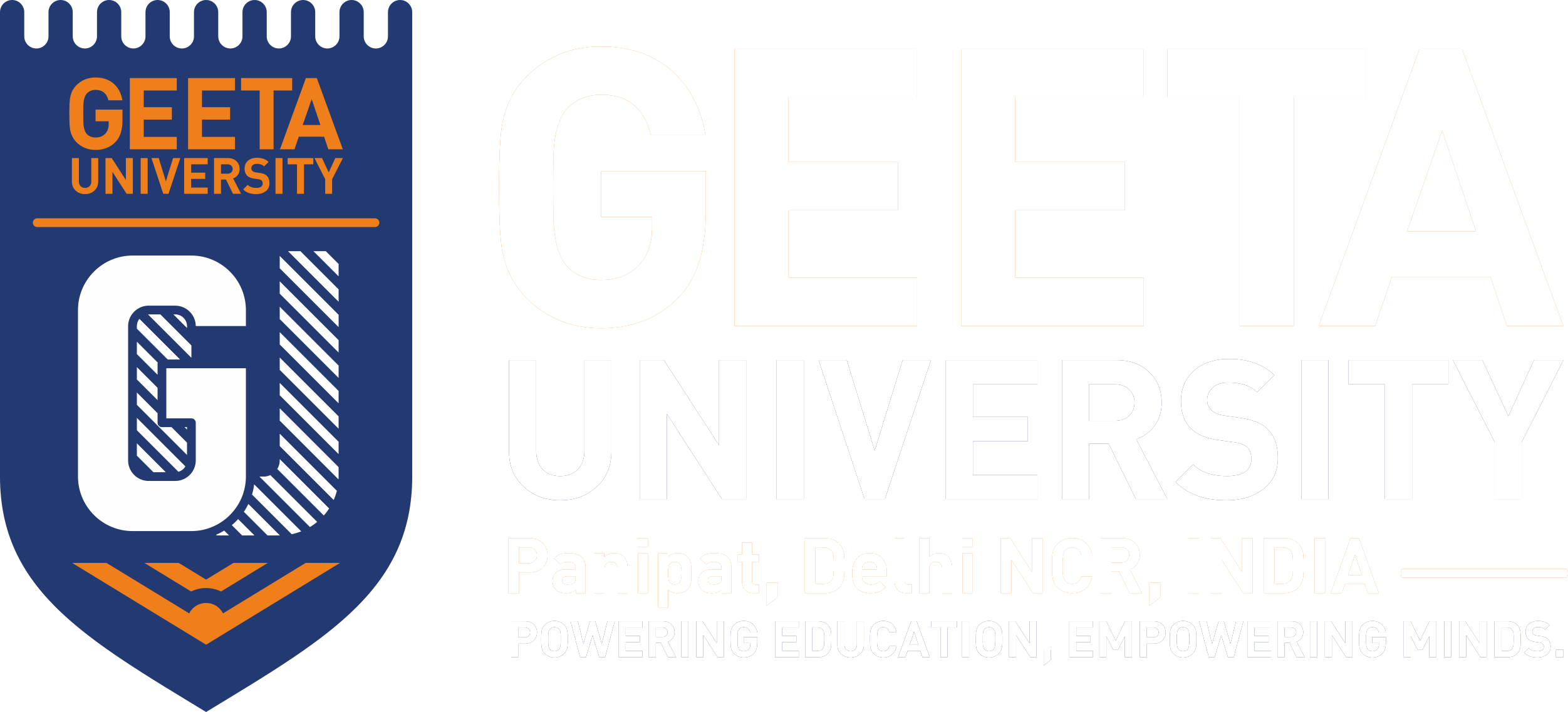PO-1 Engineering knowledge: Apply the knowledge of mathematics, science, engineering fundamentals, and an engineering specialization for solving complex engineering problems.
PO-2 Problem analysis: Identify, formulate, review research literature, and analyze complex engineering problems and reach substantiated conclusions using the first principles of mathematics, natural sciences, and engineering sciences.
PO-3 Design/development of solutions: Design solutions for complex engineering problems and design system components or processes that meet the specified needs after careful consideration of public health and safety, and the various cultural, societal, and environmental aspects.
PO-4 Investigate complex problems: Use research-based knowledge and the latest research methods including design of experiments, analysis and interpretation of data, and synthesis of the information to provide valid conclusions.
PO-5 Modern tool usage: Create, select, and apply appropriate techniques, resources, and modern engineering and IT tools, including prediction and modeling, to complex engineering activities, keeping the limitations in mind
PO-6 The engineer and the society: Apply reasoning supported by contextual knowledge to assess societal, health, safety, legal, and cultural issues and the consequent responsibilities relevant to the practice of professional engineering.
PO-7 Environment and sustainability: Understand the impact of professional engineering solutions in societal and environmental contexts, and demonstrate the knowledge of, and need for sustainable development.
PO-8 Ethics: Apply ethical principles and commit to professional ethics and responsibilities and norms of the engineering practice.
PO-9 Individual and team work: Function effectively as an individual, and as a member or leader in diverse teams across multidisciplinary settings.
PO-10 Communication: Communicate effectively about complex engineering activities with the engineering community and with society at large, such as comprehending and writing effective reports and design documentation, making effective presentations, and giving and receiving clear instructions.
PO-11 Project management and finance: Demonstrate the knowledge and understanding of the engineering and management principles and apply these to one’s own work, as a member and leader of a team, to manage projects, and in multidisciplinary environments.
PO-12 Life-long learning: Recognize the need for and develop the habit and ability to engage in independent and life-long learning in the broadest context of technological change.
